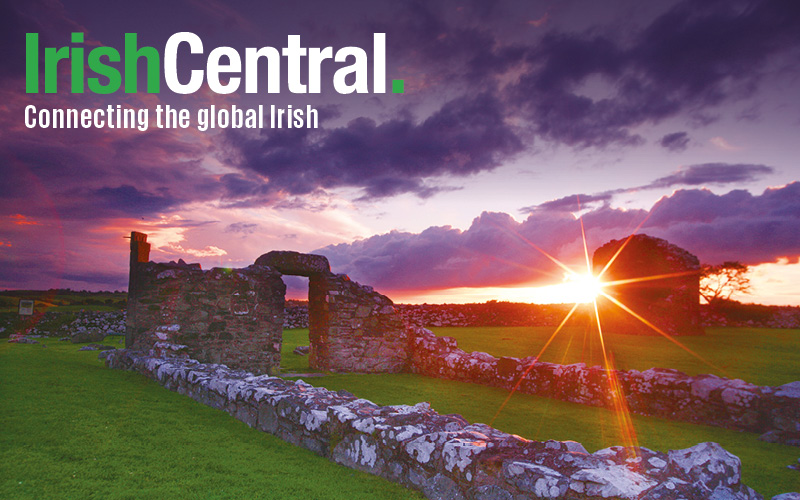Only 12 per cent of Irish people think Donald Trump will be good for Ireland. Almost half (49 percent) the voters surveyed for a new Irish Times/Ipsos MRBI poll felt Trump would be bad for Ireland while twenty-four percent of voters felt it would make no difference either way. The rest had no opinion.
However, Irish people want Taoiseach Enda Kenny to continue the annual official St. Patrick’s Day visit to the White House despite the fact that a majority of them believe that President-elect Donald Trump spells bad news for the country.
During a phone call to Kenny shortly after the US election, Trump extended an invite to the taoiseach to continue spending the annual Irish holiday in the company of the US President. According to the survey, two-thirds of Irish voters believe Kenny should take part in the annual shamrock ceremony.
According to the Irish Times/Ipsos MRBI poll, 67 percent believe Kenny should accept the invitation, 28 percent of voters stated he should not and five percent had no opinion.
Irish women are much more likely to feel Trump’s election will be bad for Ireland than are men. Woman are also more likely to disagree with the Taoiseach’s presence in the White House next St. Patrick’s Day.
Despite majority support for the meeting across all age groups and throughout all regions of the country, middle-aged, older voters, and those who are more well-off were keenest that Taoiseach Kenny and President Trump meet on March 17.
Donald Trump has spoken to 9 world leaders - but not Theresa May. He's even invited Enda Kenny to the White House for St Patrick's Day.
— Peter Dominiczak (@peterdominiczak) November 10, 2016
The prospect also received more support among those who normally vote for political parties Fine Gael and Labour, while Independent voters and Sinn Féin voters were less supportive of the idea. All political parties still showed over 50 percent support for St. Patrick’s Day in the White House, however.
Fine Gael is currently the principal party in a minority government in Ireland and, barring an expected snap election in the new year, it would be the FG party leader, taoiseach Enda Kenny, who will head the Irish delegation on the trip to Washington next St. Patrick’s Day.
Despite his previous criticism of President-elect Trump during the election campaign, Taoiseach Kenny was among the first world leaders to congratulate him by phone after the election.
Trump is said to have upset British Prime Minister Theresa May and German Chancellor Angela Merkel by talking to the Irish leader first.
Ireland's Enda Kenny was the only leader of an EU member state to speak with #Trump the day after his victoryhttps://t.co/c2r6ctJsRG
— Damian Mac Con Uladh (@damomac) November 11, 2016
During the ten-minute phone call with the Taoiseach, Trump praised the decisions made by the Irish government regarding the economy and confirmed the two countries would continue to work together in the future.
“I had a very good conversation with the president-elect,” Kenny said.
“He understands Ireland very well. He was complimentary about the decisions made about the economy here. He is looking forward to doing business with Ireland and I asked him specifically about Patrick’s Day, he is looking forward to continuing that tradition over many years.”
The Taoiseach also spoke to Vice President-elect Mike Pence in late November regarding immigration reform and foreign direct investment in Ireland.
“The Taoiseach also expressed that it was his intention to engage positively with the new administration on a number of issues to the mutual benefit of Ireland and the U.S.,” a statement from Kenny’s office said.
Back in May 2016, Kenny referred to comments made by Trump as “racist and dangerous,” adding “there is an alternative to vote for.”
Kenny was severely criticized by Senator Aodhán Ó Ríordáin, whose impassioned speech condemning the congratulatory tone taken by the Irish government on Trump’s election went viral throughout Ireland and the US.
The Irish Times/Ipsos MRBI survey was carried out in early December among a representative sample of 1,200 Irish voters aged 18 and over. The voters were interviewed face-to-face at 100 sampling points through all Irish constituencies. The margin of error is plus or minus 2.8 percent.
H/T: Irish Times




Comments